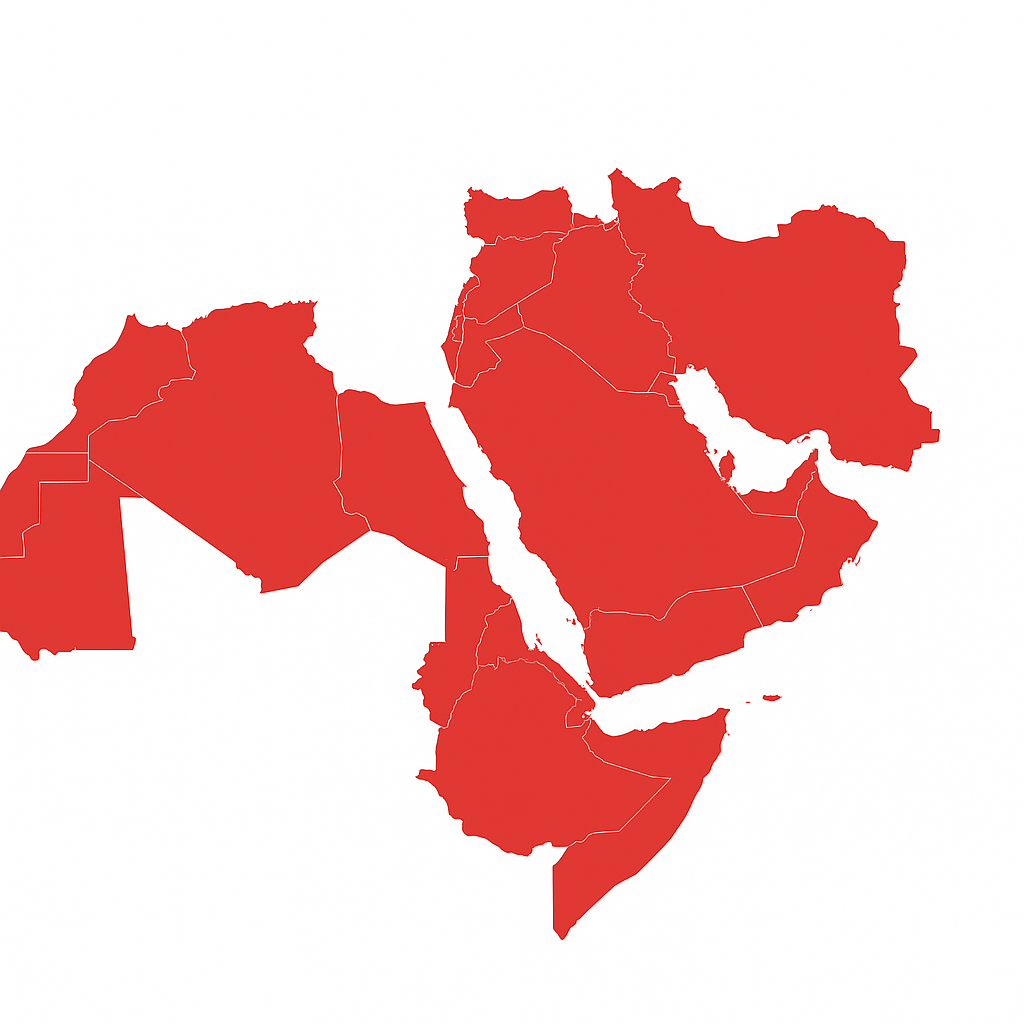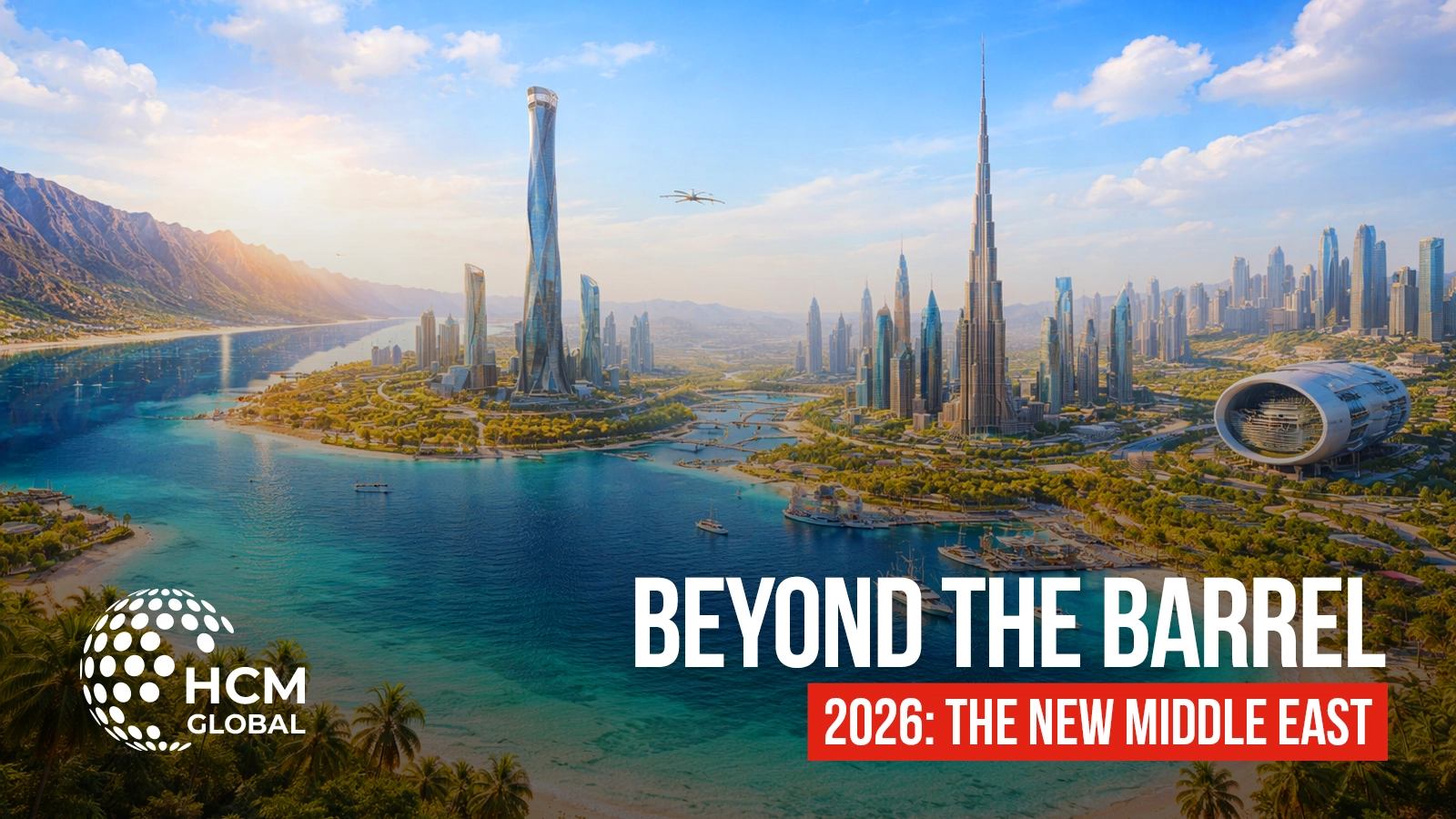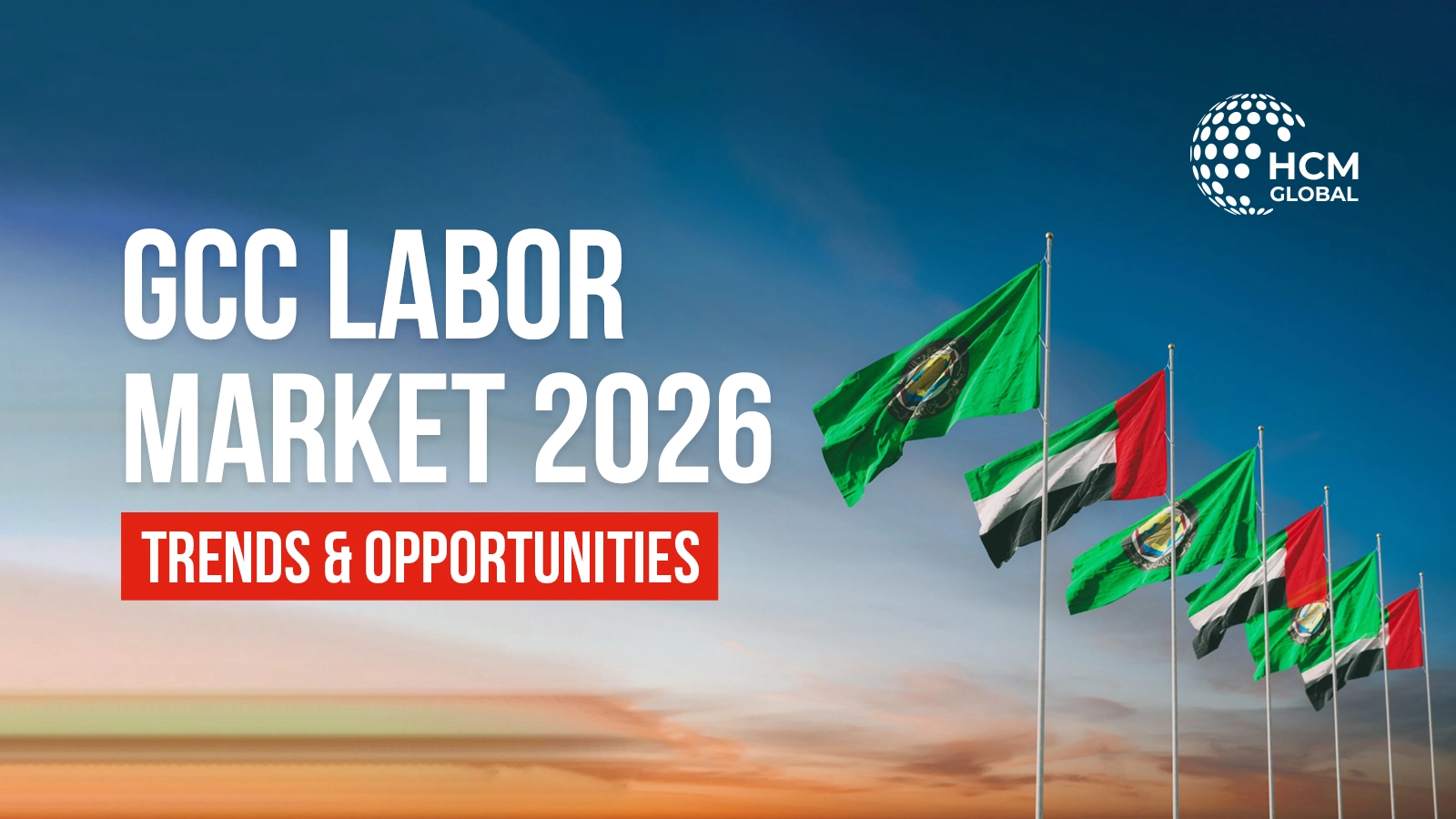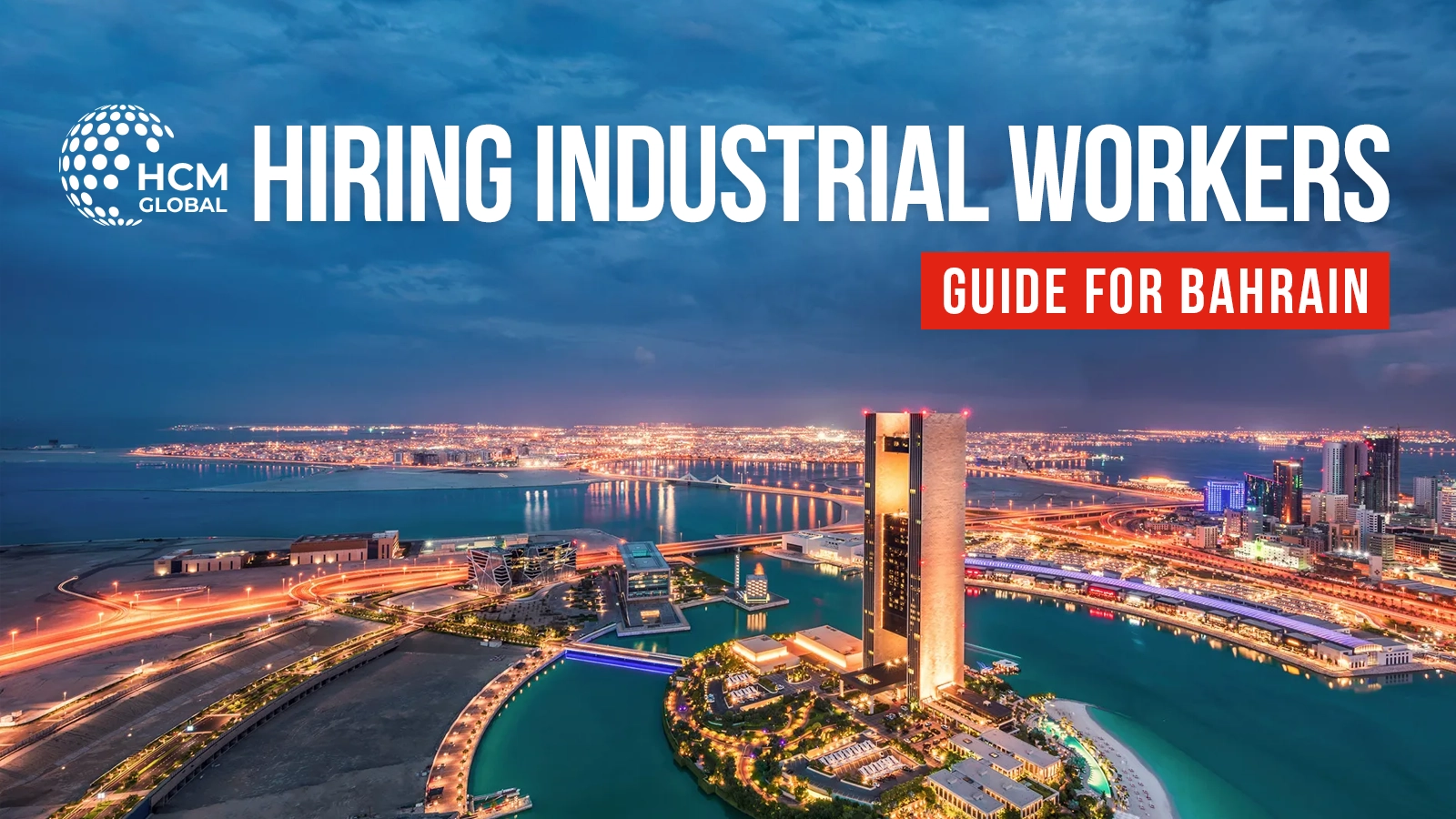As Saudi Arabia accelerates toward Vision 2030, the regulatory landscape for private sector businesses is becoming increasingly digital and transparent. At the heart of this transformation is the Wage Protection System (WPS). We make a guide for you about Wage Protection System Saudi Arabia 2026.
For international firms and local enterprises managed by HCM Global Group, staying compliant with WPS is no longer just an administrative task—it is a critical “operational license” to do business in the Kingdom. In this guide, we break down everything you need to know about WPS in 2026.
What is the Wage Protection System (WPS)?
The Wage Protection System (WPS) is an electronic monitoring program launched by the Ministry of Human Resources and Social Development (MHRSD). It is designed to ensure that all private-sector employees—both Saudi nationals and expatriates—receive their salaries in full and on time.
In 2026, the system has evolved to include real-time integration between local Saudi banks, the Mudad platform, and the Qiwa portal, ensuring that every Saudi Riyal (SAR) paid matches the digital employment contract on file.
The Primary Goals of WPS
- Protect Employee Rights: Guarantees timely salary disbursement.
- Reduce Labor Disputes: Provides a verified, digital paper trail for payments.
- Market Transparency: Helps the MHRSD monitor the health of the private sector labor market.
- Eliminate Cash Transactions: Moves the economy toward a more secure, digital financial system.
How WPS Works: The 2026 Workflow
For a company to remain compliant, they must follow a strict monthly cycle. HCM Global Group streamlines this process for our partners:
- Digital Contract Registration: Every employee must have a verified contract on the Qiwa platform.
- Payroll File Generation: Employers must create a Salary Information File (SIF). This file includes the basic salary, housing allowances, and any statutory deductions (like GOSI).
- Bank Transfer: Salaries must be paid via a Saudi-approved bank or a digital wallet (like STC Pay) that is integrated with the WPS.
- Mudad Upload: The SIF file is uploaded to the Mudad Platform, which acts as the official bridge between the bank and the Ministry.
New in 2026: Mandatory Domestic Worker Compliance
As of January 1, 2026, the WPS mandate has been fully extended to domestic workers. Employers with even one domestic staff member are now required to process payments through official electronic channels like the Musaned platform. HCM Global Group provides consultancy for household offices to ensure they meet these new transparency standards.
Consequences of Non-Compliance
The MHRSD has intensified enforcement in 2026. Falling below a 90% compliance rate can lead to immediate automated penalties:
- Financial Fines: Penalties starting at SAR 3,000 per employee for delayed payments.
- Service Suspension: Non-compliant firms will be blocked from the Qiwa and Muqeem portals, preventing them from renewing work permits or issuing new visas.
- Employee Transfer Rights: If a company fails to pay salaries for three consecutive months, employees have the legal right to transfer their sponsorship to a new employer without the current company’s consent.
How HCM Global Group Ensures Your Compliance
Navigating the technicalities of Mudad, GOSI, and Qiwa can be overwhelming for global firms. HCM Global Group offers a comprehensive Employer of Record (EOR) and Payroll Outsourcing solution that guarantees:
- 100% Accuracy: We audit your SIF files to ensure every allowance and deduction complies with the latest 2026 labor laws.
- On-Time Payments: Our automated systems ensure your team is paid on the first week of every month, keeping your compliance score perfect.
- Dispute Resolution: We act as your local representative to handle any “justification requests” from the MHRSD regarding unpaid leaves or salary variations.
Conclusion
Compliance with the Wage Protection System is the foundation of a stable and successful business in Saudi Arabia. By partnering with a local expert like HCM Global Group, you can focus on your business growth while we handle the complexities of Saudi labor regulations.
Are you looking to expand into Saudi Arabia or need help fixing your WPS compliance score? Contact HCM Global Group today for a free compliance audit.










